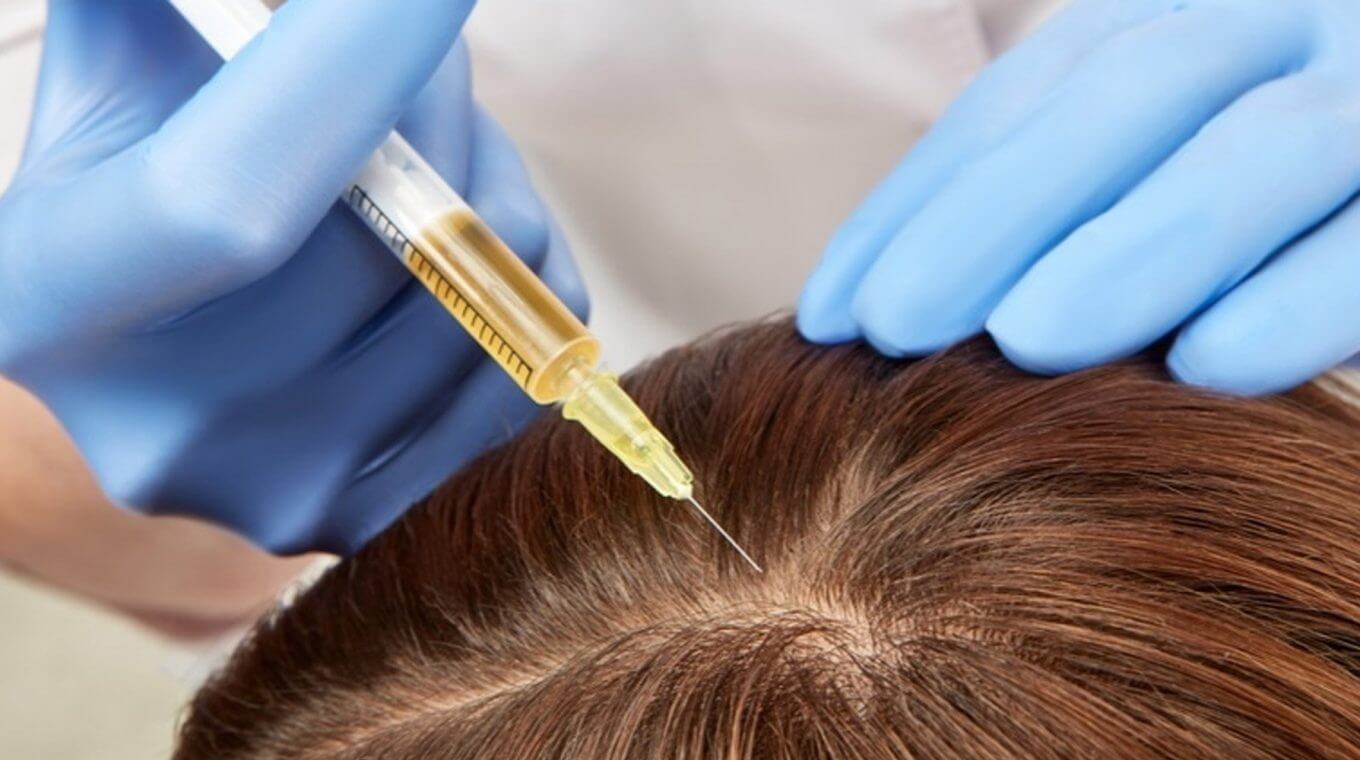
Losing hair can be a distressing experience for both men and women. Whether you notice a receding hairline, bald patches, or excessive shedding, understanding the causes and available treatments is essential. In this comprehensive guide, we will dive deep into the subject of hair loss and treatment, exploring its various causes, symptoms, and potential solutions. So, if you’re ready to take charge of your hair health and regain your confidence, let’s get started!
The Connection Between Hair Loss And Treatment
Before we delve into the details, it’s important to understand the relationship between hair loss and its treatment. With millions of people worldwide experiencing various degrees of hair loss, the demand for effective treatment options has grown exponentially.
When it comes to optimizing your content for search engines like Google, targeting specific keywords is crucial. In this case, “Hair Loss And Treatment” is the primary keyword we’ll be focusing on throughout this article. By incorporating it organically and strategically, we can improve the article’s visibility and ranking on search engine result pages (SERPs).
Why Does Hair Loss Occur?
Hormonal Imbalances and Genetic Predisposition
Androgenic alopecia, or hereditary hair loss, is the most common cause of hair loss worldwide. This condition affects both men and women, with men typically experiencing a receding hairline and bald spots while women may notice overall thinning.
Alopecia Areata: The Body’s Immune Response
Alopecia areata is an autoimmune condition that typically manifests as bald patches on the scalp, beard, or other parts of the body. It occurs when the body’s immune system mistakenly attacks the hair follicles, causing them to become smaller and leading to hair loss.
Telogen Effluvium: Sudden and Temporary Hair Loss
Telogen effluvium is a type of hair loss characterized by excessive shedding. This condition is often triggered by a sudden shock to the body, such as extreme stress, illness, or hormonal changes. Fortunately, with time and proper care, hair usually regrows within several months.
Tinea Capitis: Fungal Infections of the Scalp
Tinea capitis, commonly known as scalp ringworm, is a fungal infection that can cause hair loss in children and adults. The infection is contagious and can spread through direct contact with an infected person or contaminated objects. Prompt medical treatment is essential to prevent further spread and restore hair growth.
Traction Alopecia: Styling-Related Hair Loss
Traction alopecia is a form of hair loss caused by excessive tension or pulling on the hair. This condition commonly affects individuals who frequently wear tight hairstyles such as braids, ponytails, or extensions. Adjusting hairstyling practices and giving hair regular breaks from tension can aid in recovery.
Treatment Options for Hair Loss
When it comes to treating hair loss, various options are available depending on the underlying cause and severity of the condition. While some treatment methods focus on stimulating hair growth, others aim to manage the underlying factors contributing to hair loss. It’s important to note that while certain treatments may be effective for some individuals, they may not work for others. Consulting with a healthcare professional is essential for personalized treatment plans.
Medications for Hair Loss
Prescription and over-the-counter medications can help manage hair loss, stimulate hair growth, or slow down the rate of hair loss. Common medications include minoxidil, finasteride, and corticosteroids. These medications work by either lengthening the growth phase of the hair cycle, reducing the production of dihydrotestosterone (DHT), or suppressing the immune system’s attack on hair follicles.
Hair Transplant Surgery
For individuals with more advanced hair loss, hair transplant surgery may be a viable option. This procedure involves moving hair follicles from areas of the scalp with active hair growth to bald or thinning areas. While hair transplant surgery can provide natural-looking results, it’s important to thoroughly research and choose a reputable surgeon.
Lifestyle Changes and Hair Care
Adopting a healthy lifestyle can positively impact hair health. Exercise regularly to improve blood circulation to the scalp, consume a balanced diet rich in vitamins and minerals, and manage stress levels. Additionally, adopting gentle hairstyling practices, avoiding harsh chemicals and heat styling tools, and limiting hair washing frequency can promote healthier hair growth.
FAQs about Hair Loss And Treatment
Which vitamin can help with hair loss?
Biotin, also known as vitamin B7, is often associated with hair health. It plays a crucial role in the synthesis of keratin, the protein that makes up hair strands. While biotin deficiency is rare, some individuals may benefit from biotin supplements or increasing their intake of biotin-rich foods such as eggs, nuts, and sweet potatoes.
What illness causes hair loss?
Hair loss can be a symptom of various underlying medical conditions. Some examples include thyroid disorders, autoimmune diseases like lupus, nutritional deficiencies, anemia, and certain infections. If you’re experiencing hair loss alongside other concerning symptoms, it’s important to consult with a healthcare professional for proper diagnosis and treatment.
Is it possible to stop hair loss indefinitely?
The outcome of hair loss treatment depends on various factors, including the underlying cause and individual response to treatment. While some individuals may successfully address the underlying cause, restore hair growth, and prevent future hair loss, others may experience more challenges. Early intervention and seeking medical advice can significantly improve treatment outcomes.
Conclusion
Understanding hair loss and treatment options is the first step towards regaining your confidence and taking control of your hair health. By recognizing the causes, symptoms, and available treatments for hair loss, you can make informed decisions and work towards a solution that suits your needs. Remember, seeking medical attention early and adopting a holistic approach that includes lifestyle changes can greatly improve the success of your hair loss treatment. So, don’t wait any longer – start exploring the available options and embark on your journey towards healthier, fuller hair!
For more informative articles on hair care, hair loss prevention, and other related topics, be sure to browse through our website and explore the wealth of resources at your disposal.